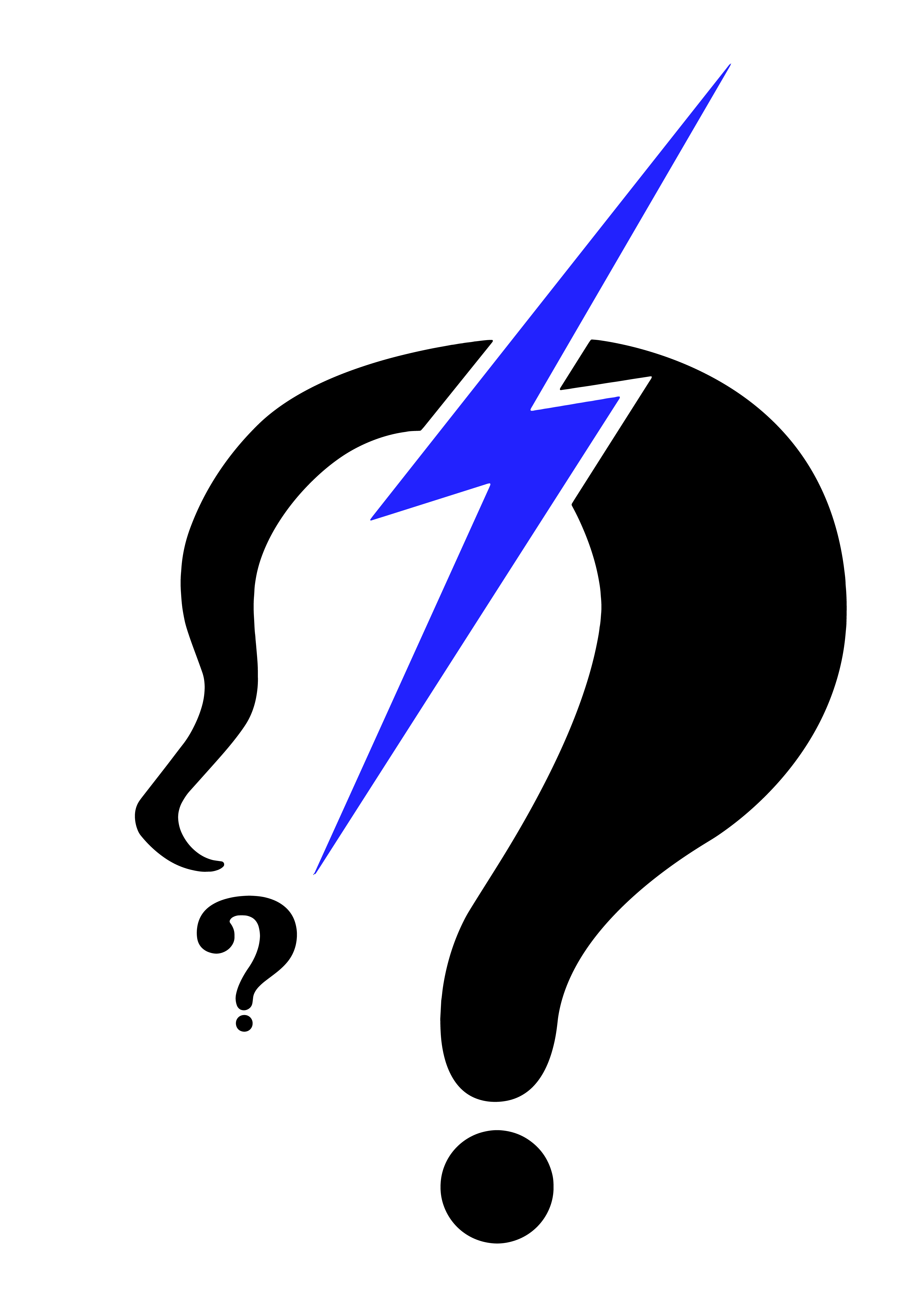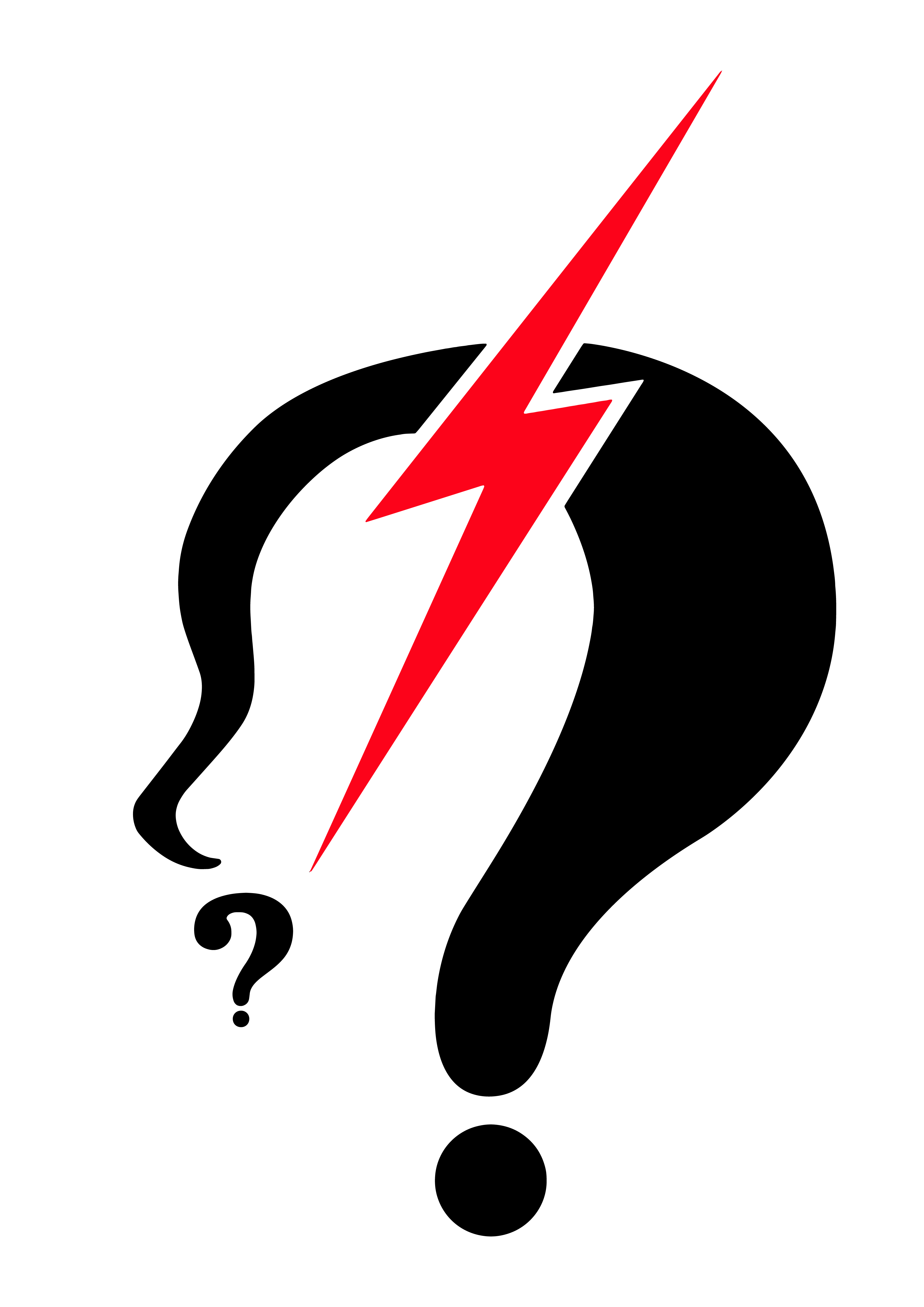4 different spelling & writing exercises from letter to sentence level:
1. Matching letters to sounds
12 exercises incorporating letter names, consonants, vowels & blends. The user can also record their spoken attempt if they wish to practise saying the sound or repeating the sound from a model.
2. Spelling words to dictation
Select nouns, verbs, adjectives, adverbs, pronouns, function words, irregular words or words with specific vowels for 300 common words. Hear the word spoken in isolation, then in a sentence. The user must type the word but can choose a list of 4 options if they are stuck. The user can also record their spoken attempt if they wish to practise saying the word or repeating the word from a model.
3. Typing to dictation
Chose from 1-8 word sentences. The user must type the words dictated. If they struggle, they can ask to see the word/sentence & then try again or they can keep the sentence on screen to copy. Their errors remain listed under the stimuli so they can check back if they've made the same mistake.The user can also record their spoken attempt if they wish to practise saying the sound or repeating the sound from a model
4. Writing sentences & paragraphs
Choose a focus (e.g. nouns, verbs, adjectives, function words, personal information, text messages, taking notes, making lists, writing cards, emails, letters, personal information, directions). A key word is then given for the person to make a sentence with. If they struggle, they can ask for a word bank to help them construct their sentence. Once they have constructed a sentence, the written sentence is read aloud for the user to decide whether they would like to edit it or whether it is correct. The user can also record a spoken attempt at reading their sentence aloud or repeating it after the text to speech model. The app does not say whether the sentence is correct or not, the user must judge this themselves
Error handling: None - an auditory sound is given to indicate correct or incorrect responses but no error handling is given
Prompts/cues: Pictorial, auditory & written cues can be requested.
Record results: a score is given at the end of each exercise (apart from sentence/paragraph writing exercises where no results are given) and results can be emailed. The user cannot look back at previous results within the app
Free trial: yes, free trial available through Advanced Language Therapy Lite app
Comments: On-screen, aphasia friendly instructions on how to use the app are provided. Comprehensive written instructions are also provided however these would not be accessible to someone with compromised reading skills. Chose upper or lower case presentation, 3 levels of exercise (easy, medium, hard) and a large bank of stimuli
Supplier: Tactus

 The
The